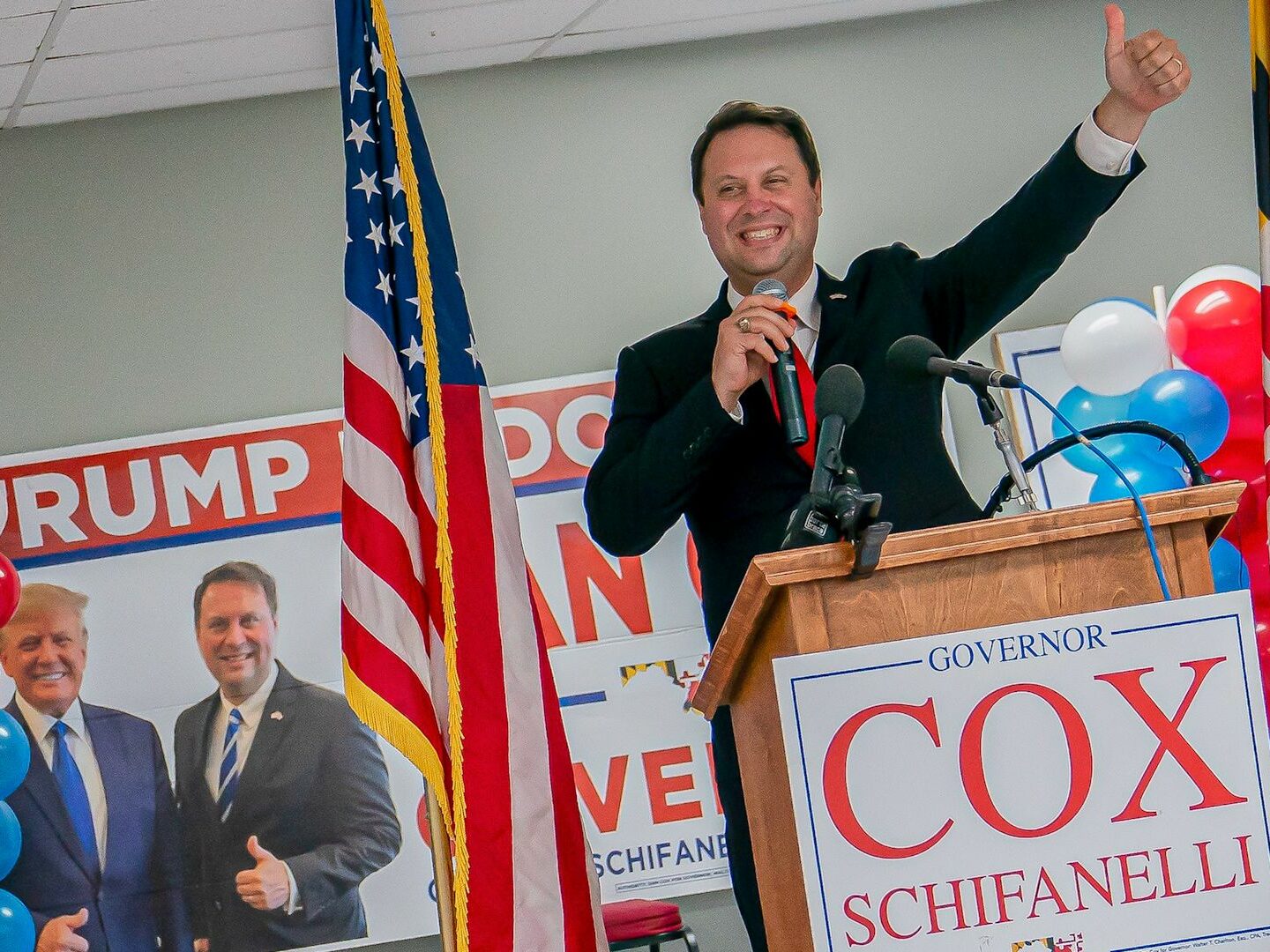Dan Cox’s now-deleted Gab-fest shows why he’s unfit to lead Maryland
Maryland state Del. Dan Cox, the Republican gubernatorial nominee, has been an active poster on Gab, one of the internet’s better-known and most nauseating cesspools of conspiracy-mongering, florid antisemitism and white supremacist hate speech. What did Mr. Cox post there? We can’t say, and Maryland voters have no way of knowing — because he recently deleted his account, along with more than 1,000 posts on the noxious site.

